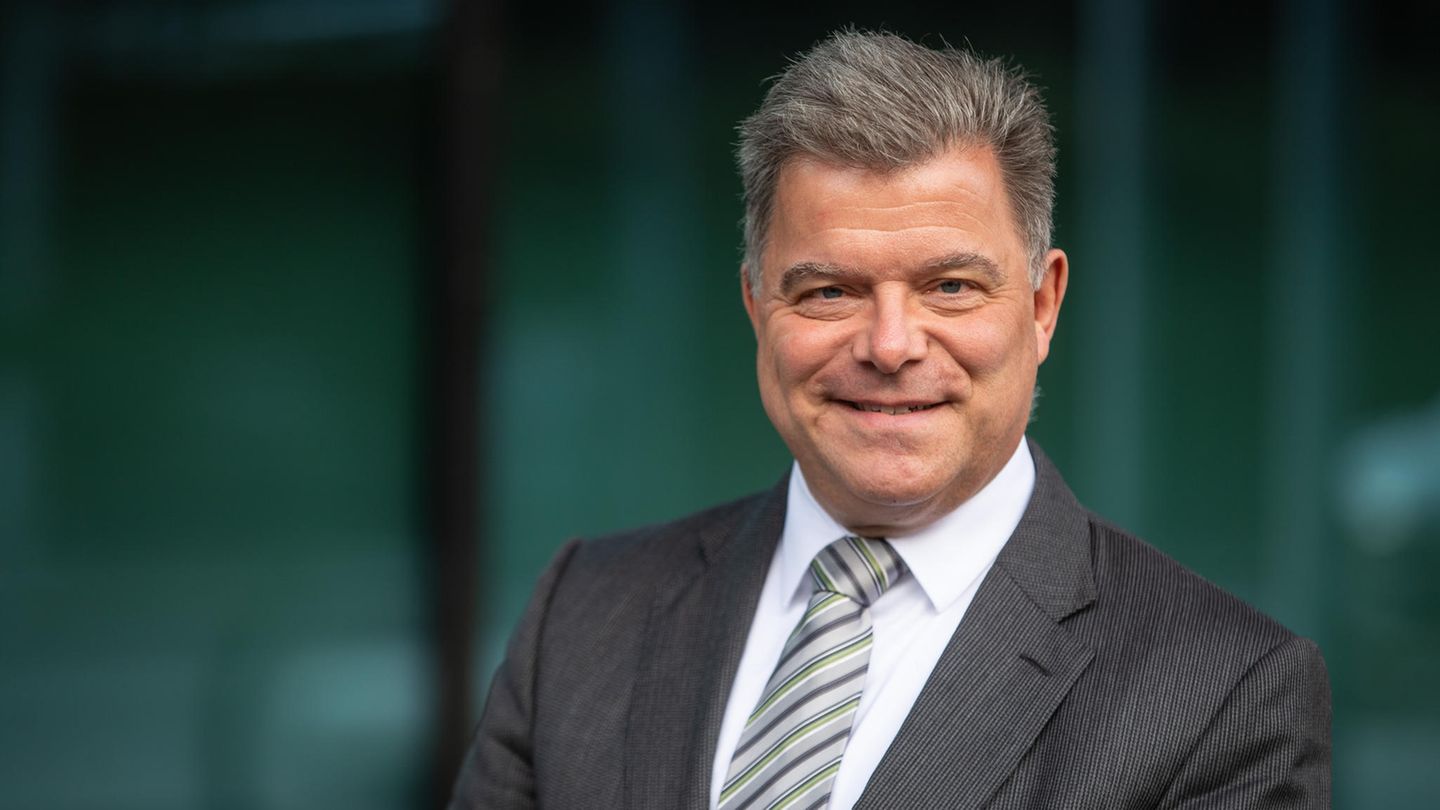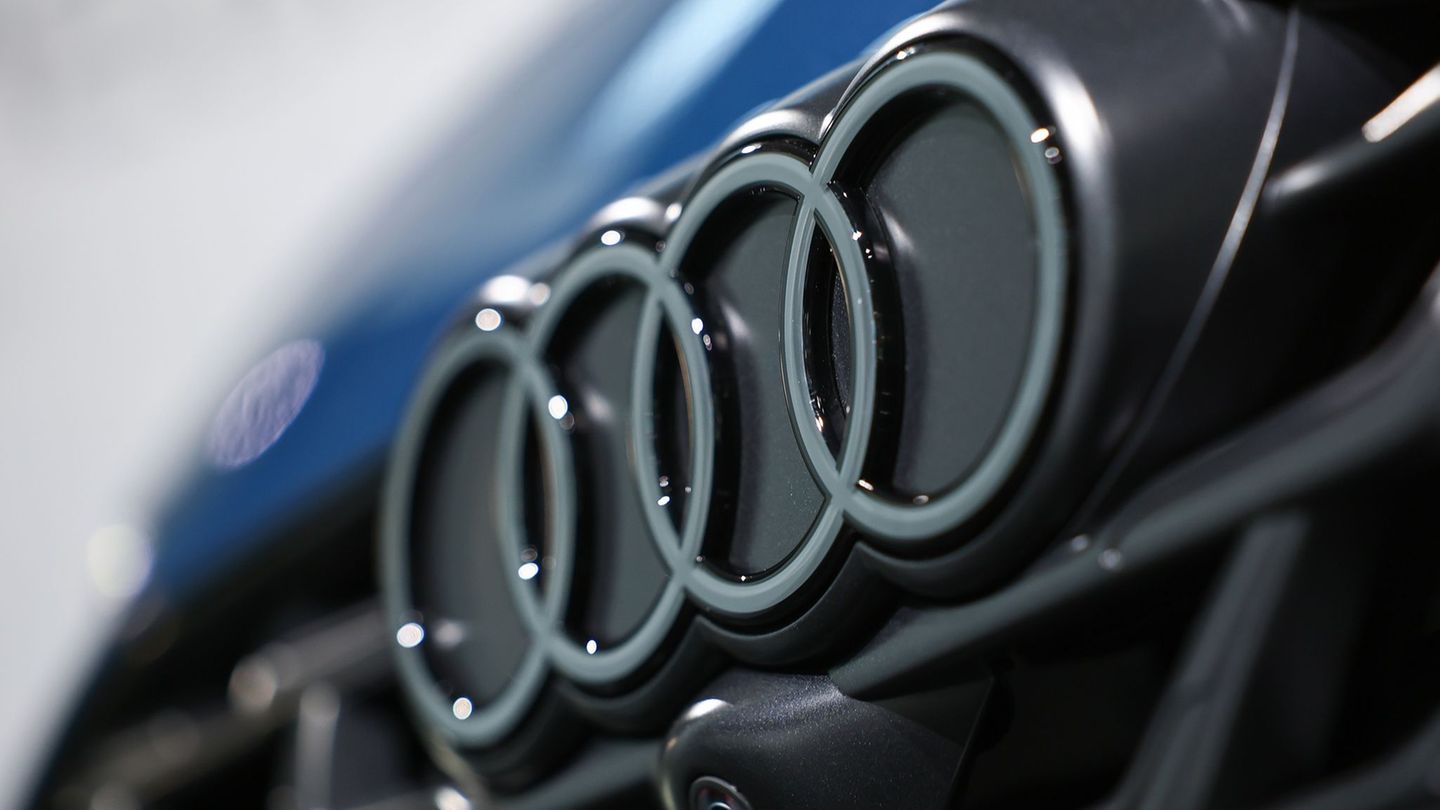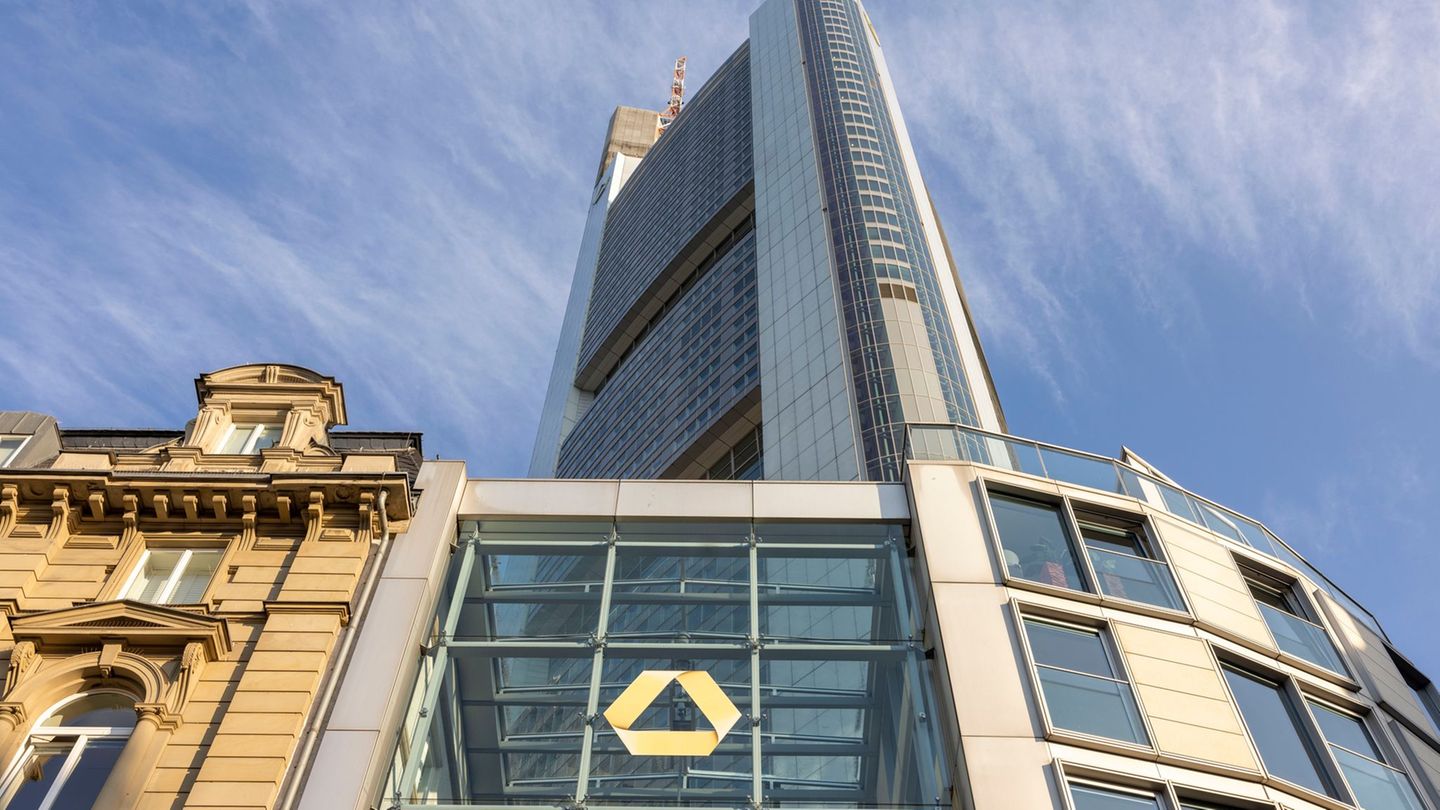How threatening is the German economic situation? The mood is bad, says Christian Erbe. Problems are piling up. And the traffic light coalition has no strategy.
Capital: Mr. Erbe, how is the German economy doing?
Christian O. Erbe: The mood is bad, astonishingly bad. In the small and medium-sized business sector, it is currently worse than ever before in my professional life.
This is original content from the Capital brand. This article will be available for ten days on stern.de. After that, you will find it exclusively on capital.de. Capital, like the star to RTL Germany.
Why?
Companies feel abandoned by politicians and not taken seriously. The fact that the Chancellor’s only response is that the complaint is the song of the businessman has hit many people hard. That shows how much he values the economy. The measures to combat the recession that are now being introduced are half-hearted. Politics currently represent a negative factor and a risk for us companies. I have never experienced anything like it.
What are your biggest concerns?
Above all, demographic change and the resulting shortage of skilled workers. But energy costs are also still an issue. The framework conditions, especially the tax system. And of course bureaucratization. The problem is becoming more and more urgent.
Do you have an example?
Take research and development. We are leaders in this area in Germany, especially in the southwest. We only have our brains as a resource. But the funding programs offered by the EU and the federal government are associated with immense bureaucracy, which puts many companies off. They then prefer not to use the programs because they say: I don’t have anyone who can handle this paperwork.
And the companies are drawing conclusions?
Yes, I see many companies actually going abroad now. It has been talked about a lot, but now it is happening. And we can expect a larger exodus.
Where are the companies going?
We’re going to the Czech Republic, Romania, China, other Southeast Asian countries and the USA. Production is affected, but development is also increasingly affected, because we have increasingly poor access to well-trained engineers in this country. As a company, we are also considering expanding our site in India into a development site.
In the spring you opened a new factory in Rangendingen, Swabia, costing 90 million euros. The decision to do this was made several years ago. Would you have made the same decision today?
Not necessarily. We had to expand our production site and used an existing open space for this. That was also the right and good decision. But if we were to plan a major expansion again today, the question would be whether we should really concentrate everything at one site or whether it would be better to spread the risks, also for political reasons.
What do you mean by that?
By that I don’t just mean the framework conditions in Germany, but also those in many other countries where the markets are increasingly influenced by government intervention. For example: in public hospitals in China, the focus is increasingly on products that have to be manufactured in China. For us, that means that we are now forced to manufacture capital goods such as surgical equipment there in addition to our production of disposable instruments, which is currently being set up. Not because we want to, but because we have to. You know, in China the medical technology sector has been chosen as a key strategic field that is being funded with 50 billion dollars. Some time ago I was in the Federal Ministry of Science, where I was proudly told that there was now a funding program for medical technology worth 50 million euros. I should be happy and grateful. And I was. But when you compare that with China – there is a certain delta in between.
What is the situation in other countries?
Something similar will probably happen in India. And in the USA, too, no matter who wins the presidential election in November, there will be more isolation measures. We will probably have to produce in the USA, and that will ultimately mean a migration of production facilities from Germany.
You mentioned earlier that the shortage of skilled workers is perhaps the most pressing problem. How big is the problem for you?
To give you a feel for it: We have almost 2,000 employees and create 100 new jobs every year. Despite this, we currently have 100 vacancies. Due to the shortage of skilled workers, we are no longer able to reflect our growth. The lack of staff is an obstacle to growth and therefore also a business risk.
The traffic light government, on the other hand, has passed a skilled immigration law. Have you noticed anything about this?
The law is a great thing. But we must not overestimate it. This is one measure among many necessary measures: We must address the skilled workers on site. The issuing of visas must be made even faster – in some cases we wait a year or two. We are still standing in our own way.
How do you otherwise assess the economic policy of the traffic light coalition?
What I haven’t seen so far is a strategy. In my company, that’s the most important thing. We base our decisions on it. If I don’t have a strategy, how am I supposed to define and implement measures and check their impact?
But strategic economic policy is certainly being pursued, for example with the climate-neutral restructuring of the energy supply or the development of more independent chip production.
But these plans were not developed strategically, but out of necessity and need. It is all just situation-related – we realise that the Russians will soon turn off the gas, so we have to make improvements. But that is not a strategy: it is a reaction, not an action.
How great is your hope that the situation will improve in the last year of the traffic light coalition government?
First of all, I hope that the government will hold together until the end of the legislative period. I would consider it extremely bad if the government fell apart. We have seen what can happen in elections at the moment in Saxony and Thuringia. But I have no hope that anything major will change. The election campaign begins in six months – what we are looking forward to is more like a year of standstill.
Source: Stern




